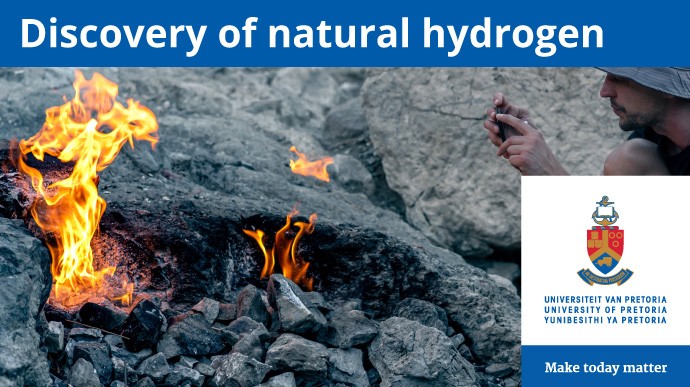Can Ubuntu – ‘personhood through community (a person depends on others to be)’ – offer possibilities for promoting human dignity and social cohesion?
Prof James Ogude, Research Fellow and Deputy Director of the Centre for the Advancement of Scholarship, and a multidisciplinary team of researchers (Professors Julian Muller, Maxi Schoeman and Christof Heyns) have been focusing on this African philosophy. Their Ubuntu Research Project funded by the Templeton World Charity Foundation seeks to insert the concept of Ubuntu within the broad intellectual debate on self and community, and to demonstrate its value and theoretical grounding on known practices.
Their work aims to answer various questions. For example, can Ubuntu be the interface between European humanism (individuals’ relationships with others are solely based on rational and voluntary intentionality) and the African idea of humanism? What is Ubuntu’s impact on our (usually Western-inspired) understanding of forgiveness, healing and restoration, especially in post-conflict situations in Africa? Can the principle of sovereignty, often associated with European notions of autonomy, be reconciled with duty and responsibility to others, particularly in an international diplomacy context?
Indigenous knowledge systems, especially in Africa, have become an important research point. The team’s findings about Ubuntu, even if tentative, have been exciting, says Prof Ogude.
They have found that comparable value systems exist outside Africa, particularly in Asia and Latin America. Although individualism dominates in European societies, communal values’ supremacy may not be entirely alien to European thought and practice.
“Our research also revealed that even in Africa, the relationship between the individual and community was not always one of subordinating the individual voice but a contest between individual and communal value systems. The process was always solved through consensus building,” he explains.
“Seen as a philosophy in consensus building and a process defined by competing forces within society, Ubuntu may well provide the bridge between Western and African ideas of humanism built through consensus, to reconstitute community, especially during difficult periods, to move it forward. Narratives of victims of post-conflict situations studied in our research so far, points to these possibilities of renewal through consensus building.”
The team has so far published more than 20 articles in accredited local and internal journals. The publication of the Special Edition of the journal, Verbum et Ecclesia, 35 (2), 2015 is the most significant accomplishment with 14 articles. At least three edited books are under preparation and two are at an advanced stage.
For the team, research continues. Practical theological research relating to post-conflict narratives, and reconciliation and healing is ongoing in South Africa, Zimbabwe and Kenya. Research on the erosion of social cohesion and its relationship to unlawful killings is also in progress. A number of draft papers have already been completed for publication.
The study on Ubuntu and the Responsibility to Protect (R2P) is making good progress. The issue was placed into sharp focus after June 2015 when President Al Bashir of Sudan was allowed to leave South Africa.
For the team, practical theological research relating to post-conflict research continues.
For more information, contact Prof Ogude on: [email protected]
Prof James Ogude, Prof Maxi Schoeman, Prof Christof Heyns & Prof Julian Muller
January 1, 2015
 Story
Story
In a study that signals potential reproductive and health complications in humans, now and for future generations, researchers at the University of Pretoria and Canada’s McGill University and Université Laval have concluded that toxins in the environment, notably DDT, modify the sperm epigenome at sites potentially transmitted to the embryo at conception.
 Story
Story
Scientists at the University of Pretoria (UP) are leading a study of natural hydrogen gas discovered under the Earth’s surface in Mpumalanga – a source of renewable energy that could contribute to the national energy budget and help address the energy shortage in South Africa.
 Infographic
Infographic
Hydrogen is considered a fuel of the future due to it emitting zero emissions. This infographic explains the impact of this discovery as well as some interesting facts about hydrogen and the different forms of it.
Copyright © University of Pretoria 2024. All rights reserved.
Get Social With Us
Download the UP Mobile App